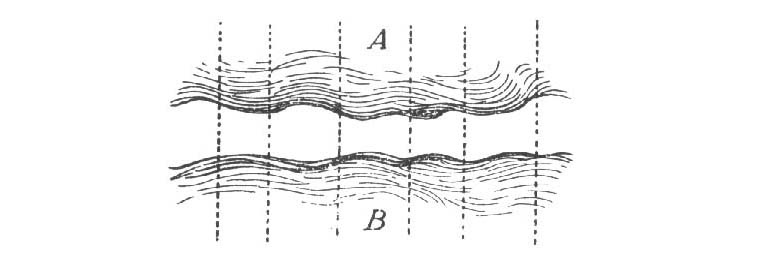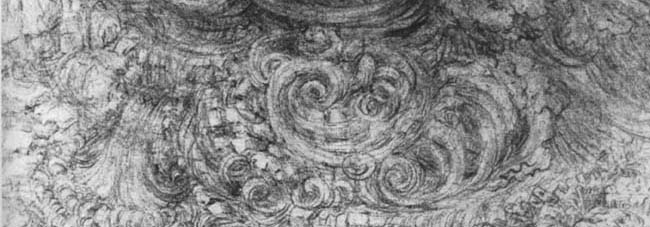Is the concept of force a technico/scientific one or a philosophical, even metaphysical one?
By defining force purely as the product of an acceleration (a purely kinematic magnitude--from Greek kineo, referring to constrained or controlled motion) and a mass (a coefficient to be determined empirically), modern science eliminated both the metaphysical terminology and psychological origins of the concept of force. (E. J. Dijksterhuis) (see machine ) see also qualititative / quantitative .
For classical physics, force is really only explainable in terms of bodies in contact. "Action at a distance", which is also a feature of gravity, seems "occult." Yet from the work of Kepler and Newton, particles had a dual nature: on the one hand, a highly localized object, and on the other an influence extending through the whole of space. But is the concept of force to be associated primarily with Newtonian mechanics -- as opposed to Newton's alchemical writings?
Newton refused to define the nature of his fundamental gravitational force. He emphasized its heuristic importance and the possibililty of mathematizing it. On the other hand, his alchemical speculations downright invited the amplification and translation of his concept of force into the realm of living things. Could magnetism and electricity, he asked, fulfill the same role for living beings that gravitation did for inanimate matter? (see mechanism / vitalism ) Whether as quasi-mechanical attraction of molecules (as suggested by Buffon and Maupertius) or eventually as formative force (as suggested by the epigeneticists) the Newtonian concept of force supplied the debate about generation with a new energy in the eighteenth century.
Read More




